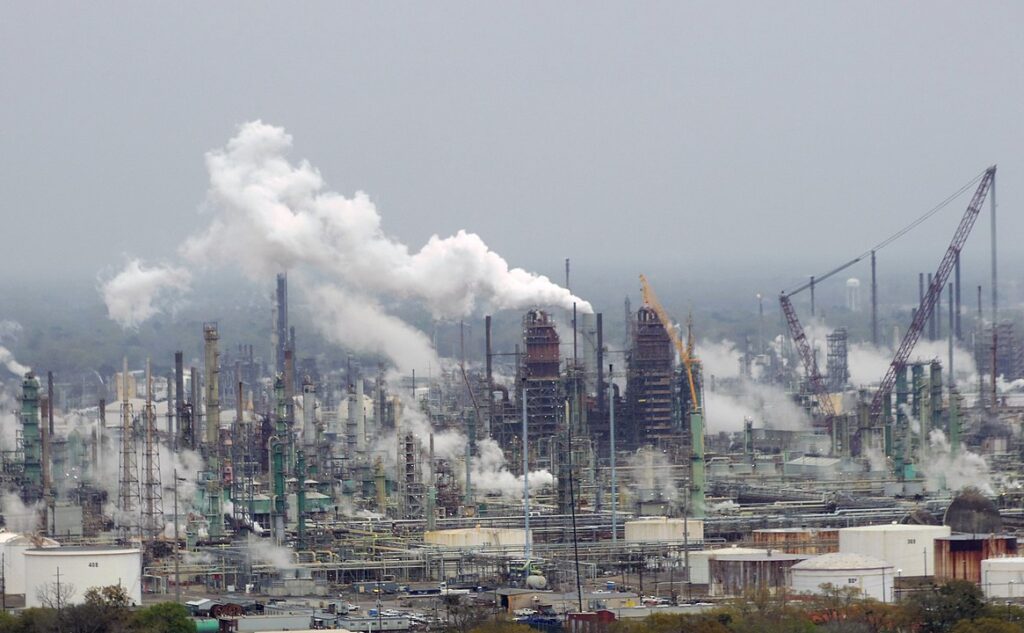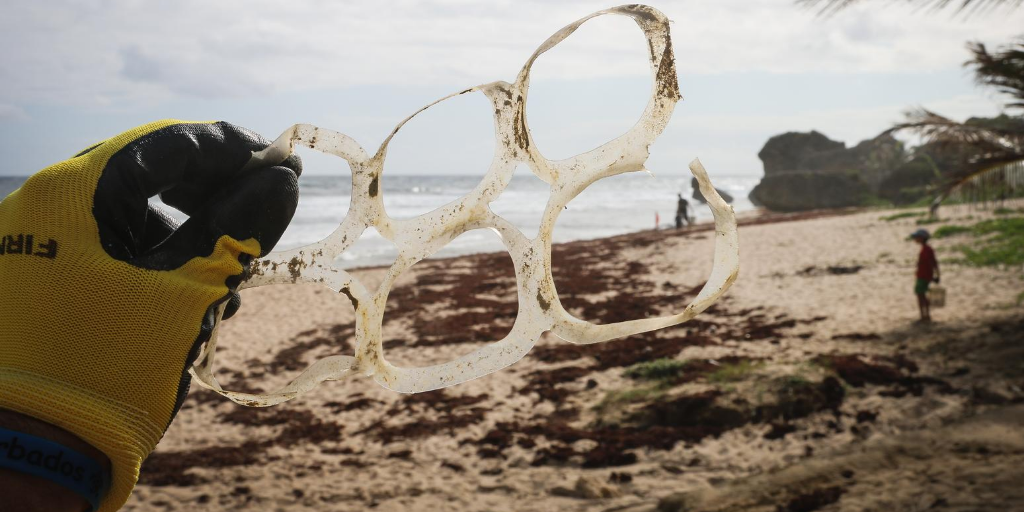Written by: Kimberly White
Organizations across the United States are calling on the Biden-Harris Administration and Congress to take action on plastic pollution. The group of 257 organizations, including dozens of members of the #breakfreefromplastic movement, outlined 13 recommendations for the U.S. Administration and Congress to include in a stimulus package, infrastructure bill, and/or climate change legislation to address and mitigate the pervasive impacts of plastic pollution.
As the United States works to build back from the ongoing COVID-19 pandemic and economic crisis, the group states that the solutions highlighted in the report would provide “equitable protection against the environmental and health damage caused by plastics.”
The recommendations include providing $150 million for government facilities, educational institutions, and public lands to shift to reusable products; $500 million to the EPA to build out recycling programs and support new and improved Materials Recovery Facilities; $25 million for the EPA and Department of Justice to investigate and pursue violations of environmental laws by the petrochemical industry in environmental justice communities; $150 million to conduct further research on the impacts of plastics on human health; and $50 million to develop waste reduction, reuse, and refill systems.
“As the largest producer of plastic waste, the U.S. has a responsibility to lead the shift to reusable and refillable systems to combat plastic pollution,” said Christy Leavitt, Plastics Campaign Director with Oceana.
Plastic production has skyrocketed in recent years. Since 1950, plastic production has increased 200-fold. More than 350 million tons of plastic are produced each year, and the vast majority of it is waste. Approximately 91 percent of the plastic produced each year is not recycled.
The rise in plastic production has had detrimental impacts on the environment. According to the United Nations, 75 percent of all marine debris is plastic. Globally, more than eight million tons of plastic makes its way into the oceans each year, impacting livelihoods and wildlife.
A 2016 UN report found that marine debris has affected the commercial fishing, shipping, and tourism industries, costing an estimated $13 billion.
Recent studies have also found microplastic hiding in food and beverages. A 2019 study by WWF suggests that people could be consuming 5 grams of microplastics each week– approximately the size of a credit card.
An investment of at least $1.3 billion in the solutions proposed by the 257 organizations would result in a myriad of positive impacts for the economy, public health, and the environment, according to the report. It would spur innovation and create new jobs while promoting environmental health.
Additionally, a minimum investment of $1.3 billion would protect the health of communities on the frontlines of extraction, plastic production, and incineration. People of color and low-income are disproportionately harmed by the petrochemical industry and its waste.
“Plastic pollutes across its entire lifecycle—from extraction to use and disposal—and, at each stage, poses significant risks to human health. The U.S. needs Congressional Stimulus and Funding Bills that would transform our extractive, throwaway systems, eliminate sources of plastic production, and reduce the negative health and ‘downstream’ impacts in our frontline communities, and our soil, air and water,” said Julia Cohen, MPH, Co-Founder and Managing Director of Plastic Pollution Coalition.
In the state of Louisiana, an area stretching 85 miles from New Orleans to Baton Rouge dubbed ‘Cancer Alley’ is one of the most polluted in the United States. The region is littered with oil refineries and petrochemical plants. According to the report, ‘Cancer Alley’ has around 150 petrochemical plants. These plants have caused a spike in cancer rates 50 times the national average in the area.

Now, ‘Cancer Alley’ residents are facing another health crisis: the COVID-19 pandemic. The area had some of the highest death rates per capita in the United States.
“These connections are not coincidental, but rather the result of federal, state and local governments allowing the private sector to build hazardous facilities in low-income communities and communities of color—a stark example of environmental racism,” says the report.
The report notes that all investments should prioritize support for the communities disproportionately impacted by the petrochemical industry and that including the 13 recommendations in a stimulus package, infrastructure bill, or climate legislation will help transition the United States to a regenerative, inclusive culture.
Header Image Credit: Brian Yurasits/Unsplash







